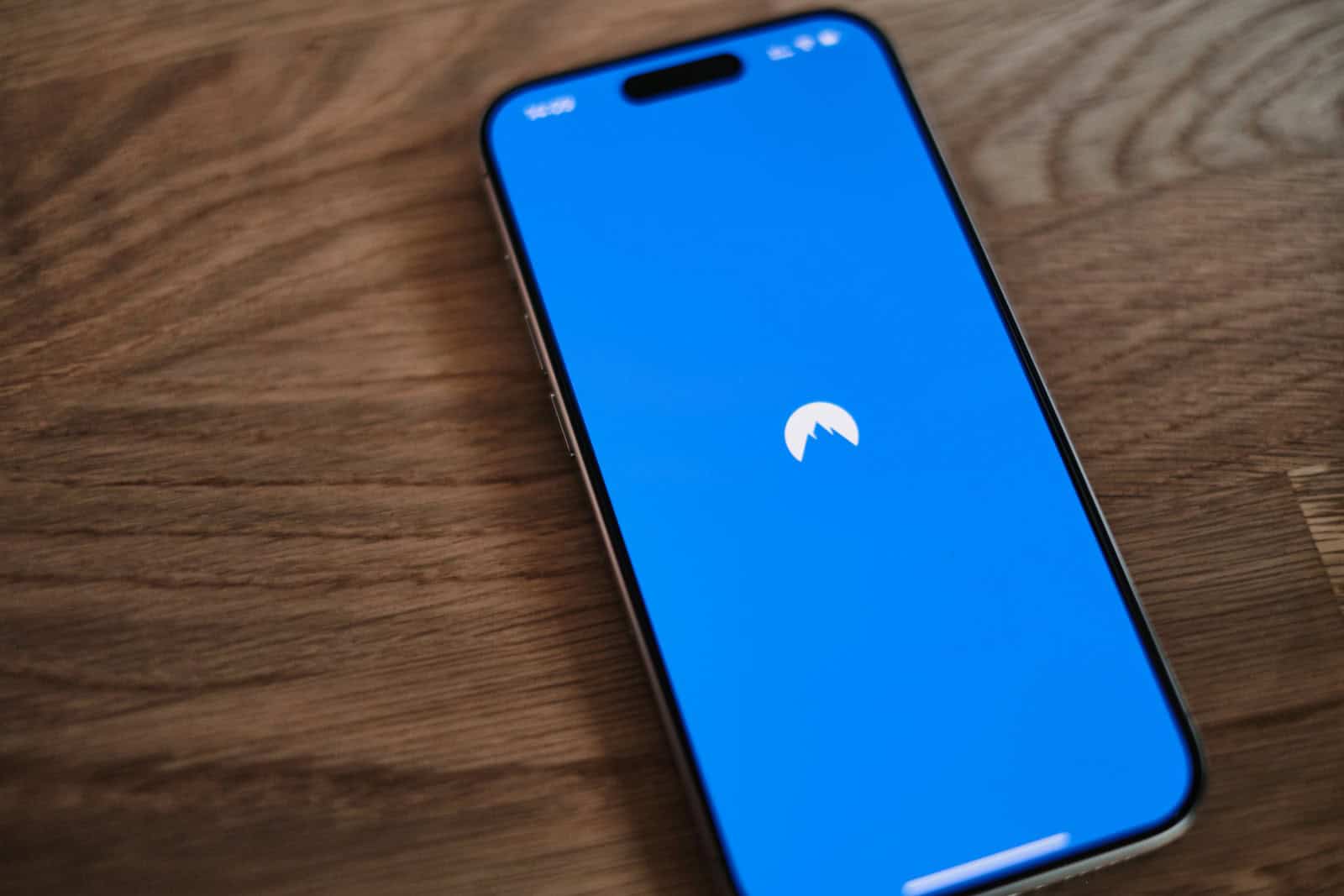Free VPN services have gained popularity among users seeking online privacy and security without cost. These tools offer basic protection for internet activities, but often come with limitations compared to paid options. Users can access geo-restricted content and browse anonymously, though free VPNs typically provide fewer server locations and slower speeds.
When choosing a free VPN, it’s important to consider factors like data caps, security features, and the provider’s privacy policy. Some free VPNs may log user data or display ads to generate revenue. Others offer free tiers of their paid services with restricted functionality. Careful evaluation of these aspects helps users find a balance between cost savings and adequate online protection.

Top Free VPN Options for 2025
Why Use a Free VPN?
Free VPNs can provide a degree of privacy and security while browsing the internet. They can encrypt your connection and mask your IP address. This can be helpful when using public Wi-Fi or accessing geo-restricted content. However, free VPNs often have limitations. These can include data caps, slower speeds, and fewer server locations.
Best Free VPNs
Here are some of the best free VPNs available in 2025:
- PrivadoVPN Free: This VPN offers a good balance of privacy, security, and performance. It has a 10GB monthly data cap and access to servers in 12 countries. PrivadoVPN allows torrenting on some servers.
- Proton VPN Free: Proton VPN Free offers unlimited data. However, it limits users to servers in three countries and only one device connection at a time. It is a good option for basic browsing and privacy.
- Windscribe Free: Windscribe Free offers a generous 10GB monthly data cap and access to servers in 10 countries. It also includes a firewall and ad blocker.
- Hide.me Free: Hide.me Free offers 2GB of data per month and access to servers in five countries. It does not keep any logs and offers good speeds.
- Hotspot Shield Basic: Hotspot Shield Basic offers unlimited data but limits speeds and access to only one server location. It is a good option for basic browsing but displays advertisements.
Limitations of Free VPNs
It is important to be aware of the limitations of free VPNs. These can include:
- Data caps: Many free VPNs have monthly data caps. This means you can only use a certain amount of data each month.
- Slower speeds: Free VPNs often have slower speeds than paid VPNs. This can make streaming or downloading files difficult.
- Fewer server locations: Free VPNs typically have fewer server locations than paid VPNs. This can limit your ability to access geo-restricted content.
- Security and privacy concerns: Some free VPNs may not be as secure or private as paid VPNs. They may keep logs of your activity or sell your data to third parties.

Recommendation
If you need a VPN for occasional use, a free VPN can be a good option. However, if you need a VPN for regular use or for demanding tasks like streaming or torrenting, a paid VPN is a better choice. Paid VPNs offer more features, better performance, and stronger security and privacy.
| Rank | VPN | Data Cap | Server Locations | Speed | Security | Pros | Cons |
|---|---|---|---|---|---|---|---|
| 1 | PrivadoVPN Free | 10GB | 12 countries | Good | Good | Allows torrenting, good speeds | Data cap |
| 2 | Proton VPN Free | Unlimited | 3 countries | Decent | Excellent | Unlimited data, strong security | Limited server locations, one device connection |
| 3 | Windscribe Free | 10GB | 10 countries | Good | Good | Generous data cap, includes firewall and ad blocker | Data cap |
| 4 | Hide.me Free | 2GB | 5 countries | Good | Good | No logs, good speeds | Low data cap |
| 5 | Hotspot Shield Basic | Unlimited | 1 location | Slow | Decent | Unlimited data | Slow speeds, limited server locations, displays ads |

Choosing a Paid VPN
If you decide that a free VPN isn’t meeting your needs, there are many excellent paid VPN services available. Here are a few factors to consider when choosing a paid VPN:
- Price: VPNs can range in price from a few dollars per month to over $10 per month.
- Features: Some VPNs offer additional features, such as ad blocking, malware protection, and split tunneling.
- Performance: Some VPNs are faster than others.
- Security and privacy: Look for a VPN with a strong no-logs policy and good security features.
- Number of devices: Consider how many devices you want to use the VPN on simultaneously.
- Server locations: Choose a VPN with servers in the locations you need.
- Customer support: Good customer support can be helpful if you have any problems.
Some popular paid VPNs include NordVPN, Surfshark, ExpressVPN, and CyberGhost. Do your research to find the best VPN for your needs.

Key Takeaways
- Free VPNs provide basic online privacy but often have limitations
- Users should examine data caps, security features, and privacy policies
- Some free VPNs offer restricted versions of paid services
Top Choice
ProtonVPN
ProtonVPN stands out as a leading free VPN option. It offers a robust set of privacy features and a large network of servers. Users benefit from strong upload speeds, though latency can be high.
The service provides:
- Advanced privacy tools
- Strong commitment to user privacy
- Extensive server network
- User-friendly interface
ProtonVPN’s free tier is particularly generous compared to other options. It balances functionality with accessibility, making it a solid choice for many users.
Best Free VPNs for Location Changing
TunnelBear: Fun and Simple Location Masking
TunnelBear offers a user-friendly approach to location spoofing. Its playful bear-themed interface makes it easy for beginners. The free plan lets users try location changing with a monthly data cap.
Key features:
- Unlimited device connections
- Strong privacy policies
- Yearly third-party audits
TunnelBear lacks advanced options like multi-hop connections. Split tunneling is limited to certain platforms. Despite these drawbacks, it remains a solid choice for basic location changing needs.
Nearly Unlimited Free Browsing Options
PrivadoVPN
PrivadoVPN offers a generous free plan with few restrictions. Users get 10GB of data monthly and can connect up to 10 devices simultaneously. The service includes split tunneling, allowing selective VPN use for specific apps.
PrivadoVPN’s free tier provides:
- 10GB monthly data
- 10 device connections
- Split tunneling feature
While affordable, PrivadoVPN lacks some privacy features and has not undergone third-party audits. Speed test results were average compared to competitors.
Top Choice for No-Cost US-Based VPN Services
Hotspot Shield’s Free Option
Hotspot Shield offers a free VPN service with many server locations. The app is easy to use and looks good. It can access Netflix in all tested areas.
The free version has ads on Android. The paid version is costly and slow. It comes with extra services.
Best VPNs for Global Server Coverage
Hide.me: Expansive Network Options
Hide.me VPN offers multiple server locations for users seeking diverse connection points. The service allows 10 devices to connect at once. Its server network spans many countries, providing ample choice.
Speed tests show Hide.me performs well. It accepts anonymous payments for privacy. Pricing is competitive among VPNs.
Free users face some speed limits. However, the free plan still includes several server options.
• Pros:
- Wide server selection
- Good speeds
- Anonymous payment support
• Cons:
- Free tier has speed caps
Hide.me balances features and affordability. Its broad server network suits users needing varied connection points.
VPN Provider Openness
Windscribe: A Leader in Transparency
Windscribe stands out for its commitment to openness. The company offers detailed annual transparency reports, giving users insight into its operations. Windscribe allows anonymous sign-ups, respecting user privacy. The VPN service supports many payment methods, including cryptocurrency for added anonymity. Windscribe’s free plan is generous, with no data caps. Their AI chatbot provides quick, helpful support to users.
Are Free VPNs Really Free?
Many VPN providers offer free versions, but these often come with limitations. Few VPNs provide truly free options, while others offer short trial periods.
Free VPN plans typically have restrictions:
- Limited bandwidth
- Fewer server locations
- Single device connection
- Slower speeds
- Ads or data logging
Paid subscriptions usually remove these limits and add extra features. They generally allow:
• Multiple device connections
• Access to all servers
• Faster speeds
• No ads or logging
Some reputable VPNs do offer free tiers with fewer restrictions. These can be good options for light users or those testing VPN services. However, they may not meet the needs of heavy users or those requiring advanced features.
It’s important to research free VPN offerings carefully. Some may compromise privacy or security to offset costs. Others might sell user data. Reliable free VPNs from established providers are rare but do exist.
Can Free VPNs Access Netflix?
Free VPNs often struggle to unblock Netflix and other streaming platforms. These services typically offer limited server options, making it hard to find locations that work with Netflix. Most free VPNs can’t bypass Netflix’s restrictions, leaving users unable to access content from other regions.
Netflix actively blocks VPN IP addresses to enforce regional content deals. This creates a cat-and-mouse game where VPN providers must constantly update their servers. Free VPNs lack the resources to keep up, unlike paid services that invest in new IP addresses and advanced unblocking techniques.
Some challenges free VPN users face:
- Limited server locations
- Slow speeds for streaming
- Data caps that restrict viewing time
- Inability to switch servers easily
Paid VPNs offer more reliable solutions:
- Large server networks
- Faster connections for HD streaming
- Unlimited data
- Dedicated streaming servers
While a handful of free VPNs may work sporadically, they’re not dependable for consistent Netflix access. Users serious about streaming foreign content should consider a paid VPN with a proven track record of unblocking Netflix and other platforms like BBC iPlayer.
Can You Trust Free VPNs?
Free VPNs often raise concerns about safety and trustworthiness. Many companies offer free VPN services, but not all have good intentions. Some may engage in shady or harmful practices.
It’s hard to know which VPNs are trustworthy. Much of their work happens behind the scenes. To stay safe, users should:
- Read privacy policies carefully
- Look for “no-logs” claims
- Check for third-party audits
Many free VPNs are scams, but a few stand out as trustworthy options. These top choices often have:
- Strong encryption (like AES-256)
- Clear privacy policies
- Regular security audits
Some free VPNs limit features to encourage upgrades. Common restrictions include:
• Data caps
• Fewer server locations
• Slower speeds
• Limited device support
Premium VPNs typically offer more:
- Faster speeds
- More servers
- Advanced features (split tunneling, kill switch)
- Better security
Free VPNs may lack important safety features. Users should watch out for missing:
- Kill switches
- Strong encryption
- No-logs policies
Proton VPN stands out as a top free option. It offers solid security without major limits. Other reputable free VPNs include TunnelBear and Windscribe.
Remember, even good free VPNs have limits. They can’t match paid services for speed, features, or server choice. Users with high privacy needs should consider paid options for better protection.
Are Free VPNs Worth Using?
Free VPNs often come with limitations that can affect their performance. Users may encounter slow speeds due to overcrowded servers, restricted access to certain locations, or low data caps that hinder usability.
Top Picks for Free VPN Services
While free VPNs typically lack advanced security features like multi-hop connections or Tor network access, some options stand out:
- Proton VPN: Offers unlimited bandwidth for free users.
- TunnelBear VPN: Provides 500MB monthly data (expandable to 1.5GB) with access to all servers.
- Windscribe VPN: Features full functionality with a 10GB monthly limit (2GB without email signup).
These services have undergone third-party audits, enhancing their credibility. However, free VPNs may not be ideal for data-intensive activities like torrenting or online gaming.
Pros of Free VPNs:
- No cost
- Basic privacy protection
- Access to geo-restricted content
Cons of Free VPNs:
- Limited server options
- Slower speeds
- Data caps
- Fewer security features
For gamers seeking a VPN for online gaming, free options may not provide the necessary speed and stability. Paid gaming VPNs often offer better performance and lower latency.
When considering a free VPN, users should weigh their needs against the limitations. For occasional use or basic privacy needs, a free VPN can suffice. However, for regular use or activities requiring robust security and performance, a paid VPN service may be a better choice.
Top Free VPN Options
Free VPN services come with limitations, but some stand out from the crowd. Proton VPN offers the most generous free plan, with no data caps. Users should test multiple options to find their preferred service.
A top-notch free VPN should be user-friendly and straightforward, even with free-tier restrictions. Some key features to look for include:
- Strong encryption
- No-logs policy
- Reasonable speeds
- Server locations in multiple countries
Popular VPNs like NordVPN and Surfshark offer low-cost paid plans, but their free options are limited or non-existent. For those on a tight budget, free VPNs from reputable companies can provide basic protection.
Keep in mind that VPNs are just one piece of the online security puzzle. Users should also:
- Use strong, unique passwords
- Enable two-factor authentication
- Install reliable antivirus software
By combining these tools, users can create a robust defense against online threats without breaking the bank.







